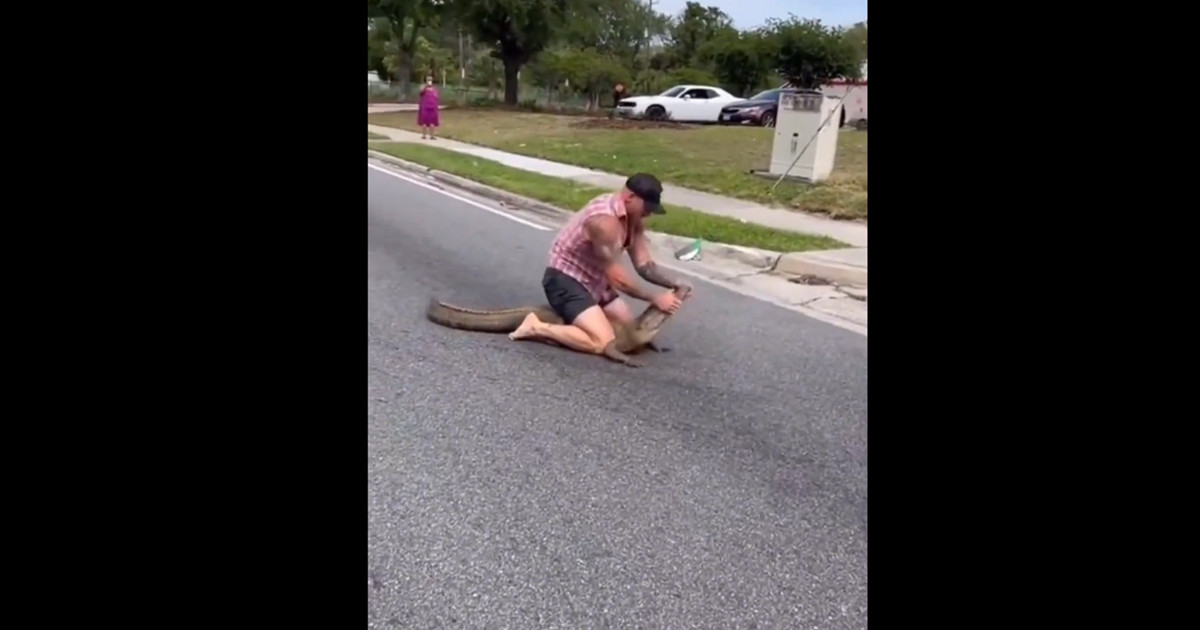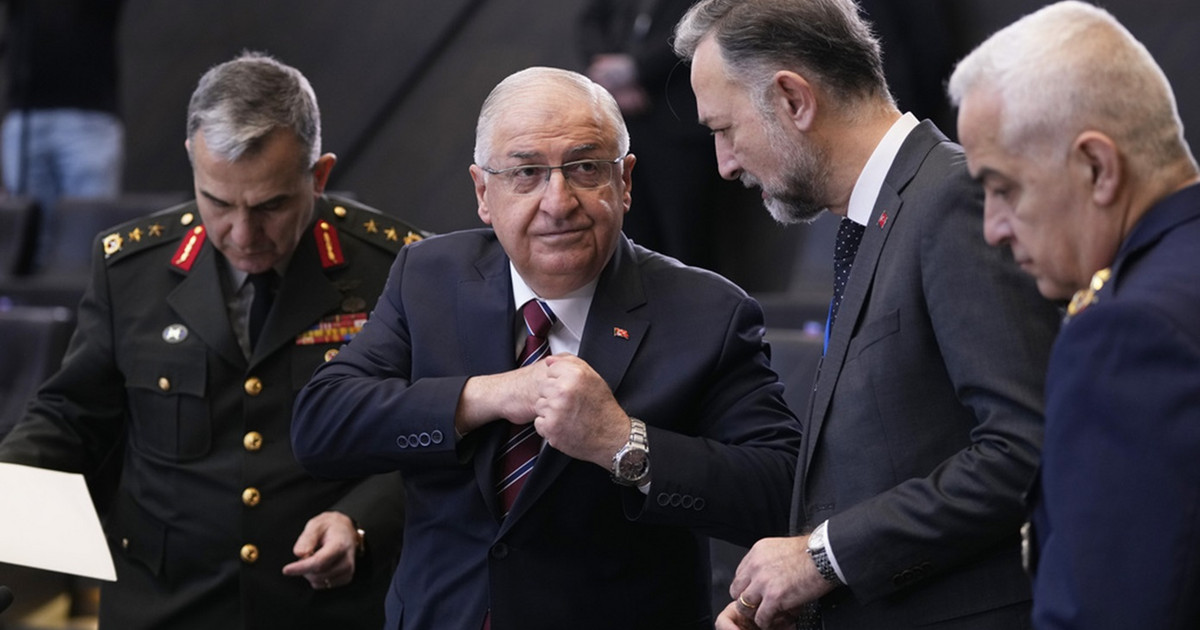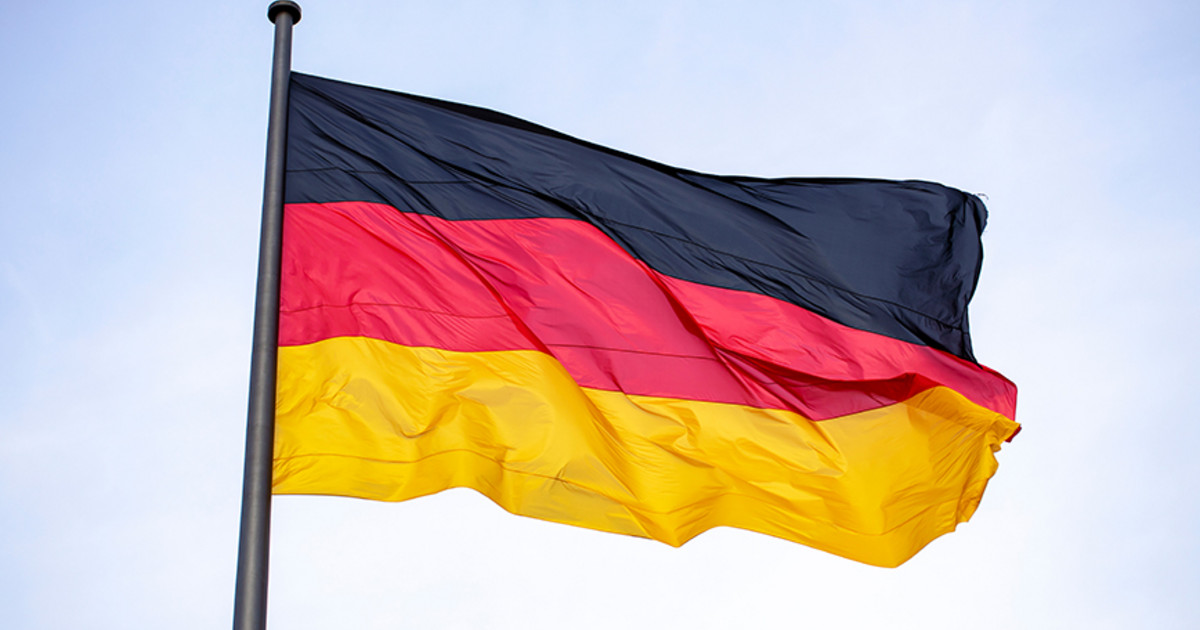When Britain’s new King – a title the public is still beginning to understand – addressed the nation for the first time on Friday, there was some apprehension about what his tone might be. The general consensus was that it was surprisingly good.
A more outspoken and less conformist figure than Queen Elizabeth II, King Charles III had in his earlier role as prince tended to sidestep tradition and put his own spin on things. In the end, he touched the line. He paid tribute to his “dear Mom” and promised to emulate her unwavering commitment to “lifelong service.”
In short, the message was touching and dignified, no small feat for a man in the bizarre position of having to wait for a father to die before beginning his life’s work. The persistent theme was duty. That was also the watchword of her mother’s seven-decade administration, and so the British public can be forgiven for assuming they know what that means. But the words are open to interpretation, and while the Crown may be hereditary, a monarch’s sense of duty is not.
For the queen, duty translated into impartiality, discretion and predictability. A woman we could set our watches for – a largely mute and always elegant figurehead. She wasn’t always successful, and her approach wasn’t a fail-safe insurance against public scrutiny.
Charles’ background suggests an entirely different reading of duty. In the context of uncertainty left by the loss of his mother, this could disrupt the institution he swore to uphold.
As a prince, Charles regularly found it appropriate to voice his convictions on topics ranging from climate change to herbal remedies. Most infamously, he pressured the government directly through his so-called “spider memos” of 2004 and 2005 (named in reference to the prince’s scrawled handwriting), which were addressed to then-Prime Minister Tony Blair and other senior ministers. Its contents ranged from demands related to its agricultural charities to calls for the Blair government to redefine its defense spending – all of which ran counter to the monarchy’s unwritten constitutional obligation to remain above politics. This was far from a solitary infraction.
Also in June, Charles was, according to the Times, heard criticizing the government’s policy of deporting migrants to Rwanda. An official spokesperson said at the time that “we would not comment on alleged anonymous private conversations with the Prince of Wales, except to reaffirm that he remains politically neutral” – but did not deny Charles’ reported position, which, like many of his views, was in tune with much of the British public. But what if the future head of state had come out in favor of the scheme?
When he turned 70 in 2018, Charles declared he wouldn’t be so “stupid” as to remain as vocal as King, but it was probably too late. Decades of campaigns in the name of progress were an uncomfortable contrast to the archaic privilege that allowed him to lead them.
By definition, figures of worship tend to be inaccessible, and the queen’s apolitical silence created a distance between her and her subjects that made her mythologizing much easier than it could have been. Behind closed doors, she lobbied to hide her private wealth, but outside, she had the good sense to keep her feelings about the world around her close to her chest.
In speaking out, Charles underscored the strangeness of an unelected official claiming a free place on the world stage – and revealed the future king as uncomfortably fallible. Charles’ outspokenness also destroyed a vital piece of potential armor: the benefit of the doubt. The Queen’s reluctance to express her opinions allowed the public to project their assumptions onto her, and normally they were flattering.
This summer, she was the most popular member of the royal family. Her more outspoken firstborn, by contrast, boasted only a 42% approval rating, and in the absence of her reassuring presence, he’s on even more shaky ground.
Charles’ reported plan to reduce the active royal family to just seven active members suggests he is well aware of the need to modernize in line with public opinion. Unfortunately, the formalities required by a real death have already brought recent mortifications into focus.
As always, the Duke and Duchess of Sussex’s presence on British soil in recent days has sparked returns to their controversial departure from royal duties two years ago. Alleged tensions between the couple and the new Prince and Princess of Wales have spilled over into coverage of the Queen’s death, leading to familiar comments among commentators.
Worst of all, the arrest of a disobedient as the queen’s coffin passed through Edinburgh on Monday thrust Prince Andrew back into the spotlight.
According to the Daily Telegraph, a man was heard shouting “You are a sick old man” to Andrew – and another person in the crowd responded with “God save the king”.
The lawsuit filed by Virginia Giuffre in 2019, alleging that she was forced to engage in sexual acts with Prince Andrew when she was a minor, not only destroyed her reputation. It exposed the erring of even the most faithful interpretation of royal duty. Aside from approving a statement by Buckingham Palace terminating Andrew’s military affiliations and royal sponsorships, the Queen has never spoken publicly about the affair. But she supported him in public, and after the prince reached an out-of-court settlement with Giuffre earlier this year — acknowledging Giuffre’s plight but neither confirming nor denying her specific claims against him — the Telegraph reported that the queen would at least pay part of the sum of £12 million.
Perhaps the queen believed that the decision to support her son was a personal one. Perhaps she argued that it was in the public interest to overturn the story that cast the darkest shadow over the monarchy since Princess Diana’s death and threatened to tarnish her Platinum Jubilee. Maybe she just believed him, period. Whatever she thought, her choice was not, and could never have been, perceived as neutral.
This is the problem that Charles faces today. Innocence, once lost, is lost forever, and neutrality, once surrendered, is rarely regained. By speaking so liberally before he became king, Charles missed his chance to take the throne with a blank slate. But, as the queen also demonstrated during her long reign, and particularly in her final months, every monarch is human, and silence is not necessarily benign.
When she chose to side with Andrew, the audience didn’t just see a personal choice. He saw real sponsorship. Even if Charles censors himself from here on out, the Crown is unlikely to regain its semblance of impartiality again.
Change is already in the air. In recent days, anti-monarchy protesters have been turned away from mourning mobs in England and Scotland, and Commonwealth leaders have noted the opportunity to “debate the constitutional arrangements” presented by the Queen’s death. Over the past 70 years, the most powerful argument in favor of the Crown has been the assurance it provided as a fixed point in a changing world. Now that point is rotating on its axis.
Source: CNN Brasil
I’m James Harper, a highly experienced and accomplished news writer for World Stock Market. I have been writing in the Politics section of the website for over five years, providing readers with up-to-date and insightful information about current events in politics. My work is widely read and respected by many industry professionals as well as laymen.






